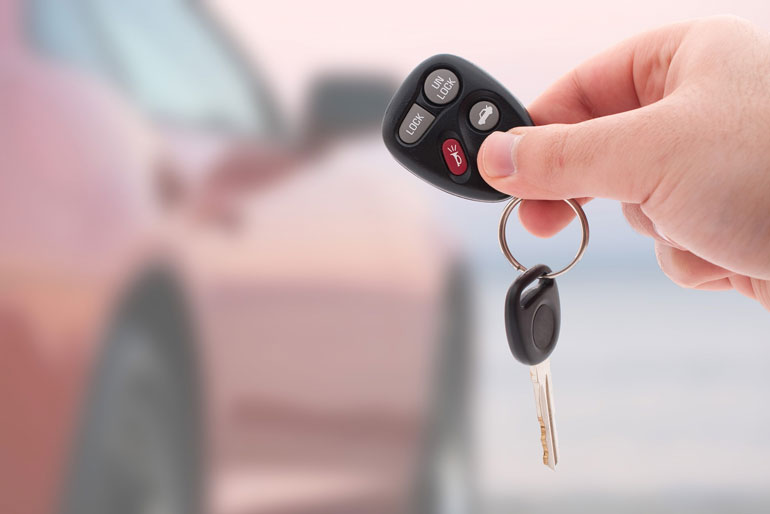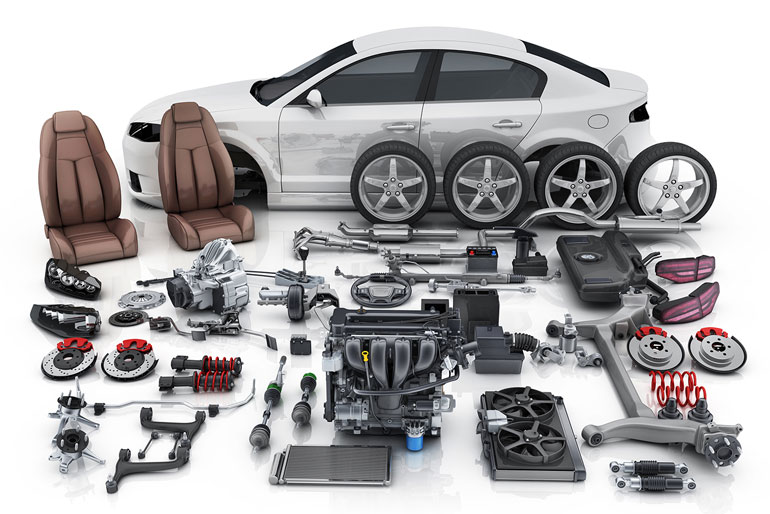As any car enthusiast knows, cars are made up of thousands of parts that all work in harmony to give us the power of driving. Naturally, this means that sometimes a part fails, and while that doesn’t always cause a dangerous situation, it certainly can.
In most cases, a driver can put on their hazards and safely pull to the side of the road to inspect the issue or call for a tow truck, but sometimes there’s no time. Many car accidents occur because of faulty car parts. In these cases, the liability can fall on the auto part manufacturer, according to the Craft Law Firm car accident lawyers. For drivers who fortunately haven’t experienced an accident like this before, it’s still very important to be aware of the auto parts that most commonly fail.
Tires
Tires are one of the most important parts of a car – without tires, of course, we could not drive. Therefore having a tire fail while driving can be incredibly scary, and often leads to a car accident because of how quickly it occurs.
Defective tires can manifest in a number of different ways, including tread separation, unevenness, bulges, or cracks. If you see any of these issues on your tires, it would be a good idea to get them checked out. Tires need to be replaced every six years or so, and you don’t want your tire to blow out on a busy road.
Brakes
Brakes are essential to safe driving since they are the only thing that can prevent a crash at the last minute. Unfortunately, brakes can fail, often leading to a car accident because the driver can’t stop in time. If you hear your brakes squeaking or making grinding sounds, it’s time to get your brakes serviced by a reputable mechanic.
Transmission
The transmission is what allows you to shift gears while driving, so a faulty transmission can lead to a number of serious issues. If you find it difficult to shift gears or your gear sometimes changes on its own, it could be a sign that your transmission is defective. You can also sometimes smell burnt transmission fluid, which is another sign to stop driving until you can get your car examined.
Seat Belts
The only role of a seat belt is to protect your body in the event of a crash, so if your seat belt fails, your safety is completely compromised. There are a variety of defects that can happen with a seat belt. One issue is called “spooling out”, which means that your seat belt won’t lock up during an accident. They can also simply come unlatched during a collision because the force of the crash causes them to release. If you ever notice that your seat belt releases on its own, it’s time to have a mechanic check it for defects.
Airbags
Another important safety feature is the airbag, and unfortunately, airbags have a history of issues. In the event of a collision, you expect your car’s airbag to deploy and stop the impact of your body. Sometimes an airbag fails to inflate upon impact, leaving your body unprotected. Other times it may release when there is no impact, which could injure your body or cause you to crash. In some cases, the airbag is simply delayed in its inflation, and even a small delay can be life-changing.
Beyond these five auto defects, there are many other car parts that can be faulty or break down while driving. While the liability for these types of accidents often falls on the part manufacturer, it’s still best to avoid these situations altogether, for your safety and others. Getting regular maintenance on your vehicle will not only address defects and prevent future ones, but will prolong the life of your car.
In addition to regular servicing, pay close attention to any strange sounds or differences you notice while driving. Your keen observations could save your life and ensure the safety of other drivers on the road.







